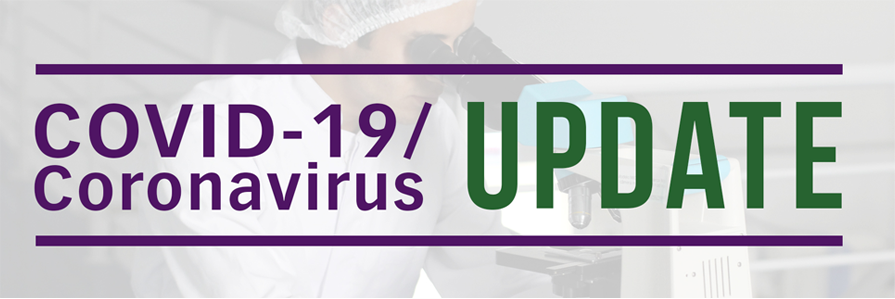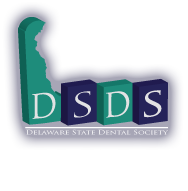

|

|

|

|



As the information regarding the spread of coronavirus COVID-19 is changing at a rapid pace, the DSDS is constantly updating our recommendations. As mentioned in my previous message on Tuesday, March 17, the DSDS recommendations regarding coronavirus COVID-19 are based on current ADA recommendations and on the current information provided by local State authorities. At this time, the DSDS is updating their previous recommendations to include the following:
It is strongly recommended that all Delaware dentists limit their practices to urgent/emergency care only until April 6, 2020.
Please review the current ADA guidelines regarding emergency vs. non-emergency dental care (see below).
As always, we will continue to monitor the situation, both locally and nationally, and provide members with frequent updates as we continue to manage this pandemic.
Sincerely,
Dr. Cathy Harris
DSDS President
Emergency or Non Emergency? ADA Offers Guidance for Determining Dental Procedures
In a statement issued on March 16, the American Dental Association (ADA) called upon dentists nationwide to postpone elective dental procedures for three weeks in order for dentistry to do its part to mitigate the spread of COVID-19. Concentrating on emergency dental care only during this time period will allow dentists and their teams to care for emergency patients and alleviate the burden that dental emergencies would place on hospital emergency departments.
The ADA recognizes that state governments and state dental associations may be best positioned to recommend to the dentists in their regions the amount of time to keep their offices closed to all but emergency care. This is a fluid situation, and those closest to the issue may best understand the local challenges being faced.
The following should be helpful in determining what is considered “emergency” versus “non emergency.” This guidance may change as the COVID-19 pandemic progresses, and dentists should use their professional judgment in determining a patient’s need for urgent or emergency care.
1. Dental Emergency
Dental emergencies are potentially life threatening and require immediate treatment to stop ongoing tissue bleeding, alleviate severe pain or infection, and include:
- Uncontrolled bleeding
- Cellulitis or a diffuse soft tissue bacterial infection with intra-oral or extra-oral swelling that potentially compromise the patient’s airway
- Trauma involving facial bones, potentially compromising the patient’s airway
Urgent dental care focuses on the management of conditions that require immediate attention to relieve severe pain and/or risk of infection and to alleviate the burden on hospital emergency departments. These should be treated as minimally invasively as possible.
- Severe dental pain from pulpal inflammation
- Pericoronitis or third-molar pain
- Surgical post-operative osteitis, dry socket dressing changes
- Abscess, or localized bacterial infection resulting in localized pain and swelling.
- Tooth fracture resulting in pain or causing soft tissue trauma
- Dental trauma with avulsion/luxation
- Dental treatment required prior to critical medical procedures
- Final crown/bridge cementation if the temporary restoration is lost, broken or causing gingival irritation
Other urgent dental care:
- Extensive dental caries or defective restorations causing pain
- Manage with interim restorative techniques when possible (silver diamine fluoride, glass ionomers)
- Suture removal
- Denture adjustment on radiation/oncology patients
- Denture adjustments or repairs when function impeded
- Replacing temporary filling on endo access openings in patients experiencing pain
- Snipping or adjustment of an orthodontic wire or appliances piercing or ulcerating the oral mucosa
2. Dental non emergency procedures
Routine or non-urgent dental procedures include but are not limited to:
- Initial or periodic oral examinations and recall visits, including routine radiographs
- Routine dental cleaning and preventive therapies
- Orthodontic procedures other than those to address acute issues (e.g. pain, infection, trauma)
- Extraction of asymptomatic teeth
- Restorative dentistry including treatment of asymptomatic carious lesions
- Aesthetic dental procedures












